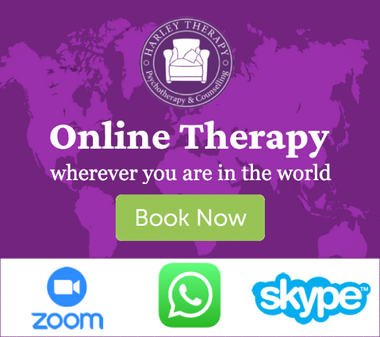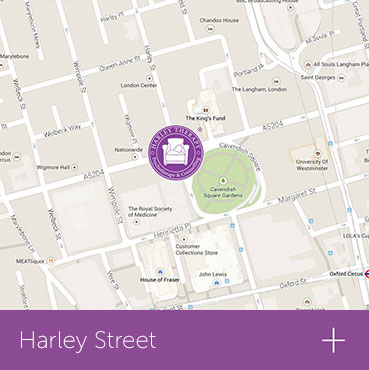- Do you like traditional therapies with a long history of helping clients and based on well-known concepts?
- Are you fascinated by the ideas of Carl Jung, such as working with dreams and archetypes?
- Do you want a long-term psychotherapy that dives deep into your past and all that you are?
If yes, then Jungian therapy is for you.
What is Jungian therapy?
Jungian therapy looks to help people achieve “individuation”, which is a healthy balance between their everyday consciousness and their unconscious mind. The unconscious, according to Carl Jung, is hidden, but expresses itself through dreams. It also affects your daily life and the choices you make.
Jungian therapy delves into the unconscious mind to help you understand yourself. It also aims to work out how the person fits in with the 'collective unconscious', which is the themes, images and drives common to all humanity. The point is to help you as the client find and maintain your ideal balance, both with your sense of self and in your life.
What do Jungian counsellors and therapists do?
Jungian counsellors and therapists help you to access and understand your unconscious mind, and regulate the effect it can have on your everyday life and behaviour. The idea is that by understanding it, you can bring it into a healthier balance with your conscious, day-to-day mind.
Who was Carl Jung?
Carl Gustav Jung was a Swiss psychiatrist and the founder of analytical psychology, as well as a friend then foe of Sigmund Freud.
Jung met Freud in Vienna in 1907, and the two began an intense five-year friendship. But Freud was unhappy with Jung’s disagreement with some of the key concepts and ideas of Freudian theory. In 1912, Jung published 'Psychology of the Unconscious' outlining the clear theoretical divergence between himself and Freud, as well as forming the basic tenets of analytical psychology.
Jung's main theories
Jung believed that the human psyche exists in three parts, which are the ego (the conscious mind), the personal unconscious, and the collective unconscious (which included Jung’s ideas concerning archetypes).
Jung likened the collective unconscious to a reservoir which stored all the experiences and knowledge of the human species. This was one of the clear distinctions between the Jungian definition of the unconscious and the Freudian one (Freud rather believed it held all our unexpressed desires). Jung’s proof of the collective unconscious was his concept of synchronicity, or the unexplainable feelings of connectedness that we all share.
Symbols and dreams
Jung also had an inexhaustible knowledge of mythology, religion and philosophy. He was particularly knowledgeable in the symbolism connected to traditions such as alchemy, Kabbalah, Buddhism and Hinduism. Drawing on this wisdome, he believed that humans experienced the unconscious through numerous symbols encountered in various aspects of life, including dreams, art, and religion.
Jung’s work has left a significant impact on the field of psychology. His concepts of introversion and extroversion have contributed extensively to personality psychology, and have also greatly influenced psychotherapy.
Do you offer Jungian dream analysis?
At present none of the practitioners at Harley Therapy are working Jungians offering Jungian psychoanalysis. We do, however, have several Jungian therapists who can help you to analyse your dreams, which can be very helpful as part of an ongoing course of therapy.
View the ExpertsHow to book your session
Call us now on 0345 474 1724 OR book online
All of our practitioners are qualified and accredited with reputable professional associations for counselling and psychotherapy.






.webp)
